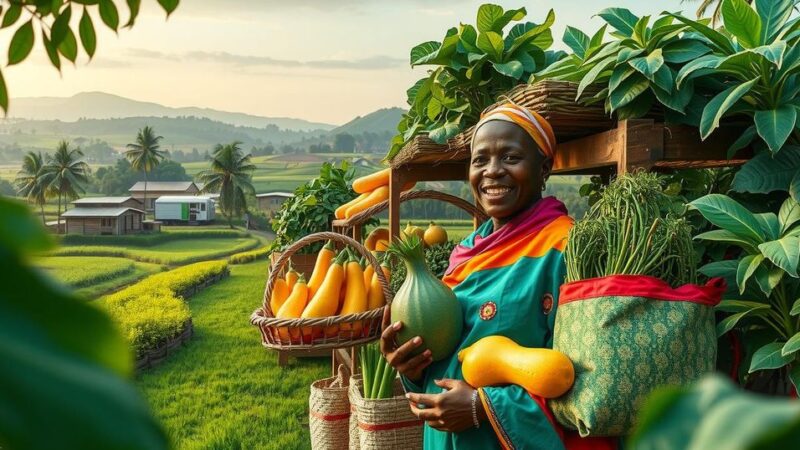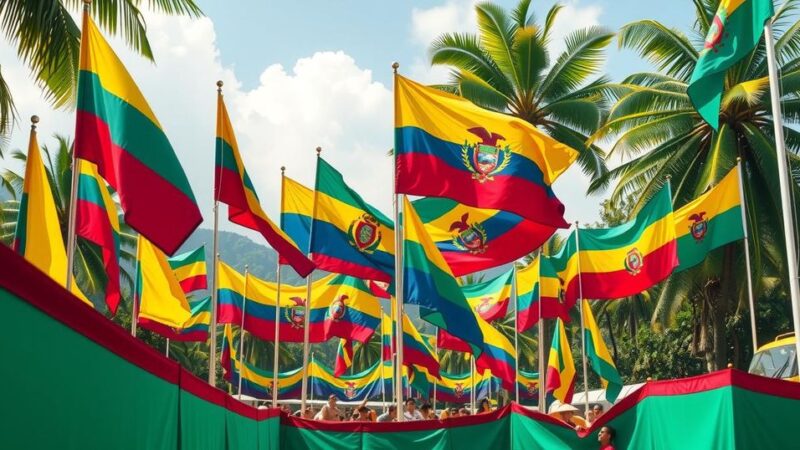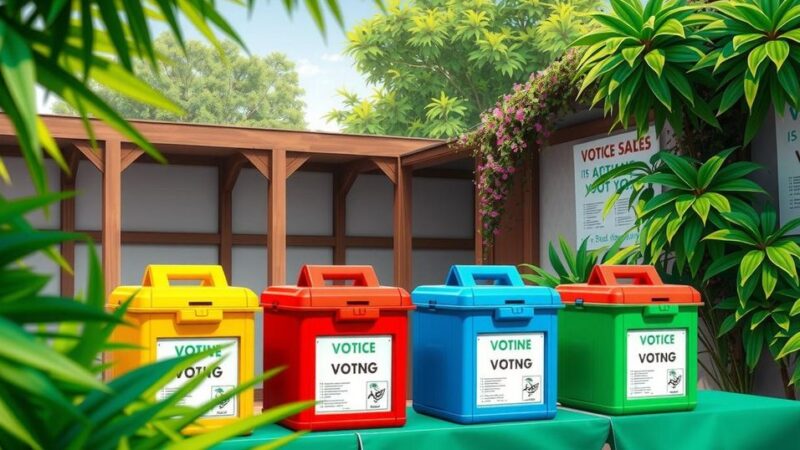This article explores the status of female empowerment in Morocco, highlighting King Mohammed VI’s 1999 speech on women’s importance in society. Despite legal frameworks and recent advancements in women’s political representation, significant challenges persist, including systemic inequalities, cultural barriers, and a low representation in governance. The importance of addressing these disparities for national development is emphasized.
On August 20, 1999, King Mohammed VI posed a pivotal question regarding the societal progress of Morocco, emphasizing the importance of addressing women’s interests. His inquiry highlighted both the commitment to enhancing women’s rights and the ongoing injustices they face due to their marginalization in numerous spheres. This acknowledgement serves to underscore the complex challenges surrounding gender disparity in Morocco today.
Morocco’s Global Gender Gap Ranking (2022) was a grave 136th among 146 nations, attributed to inadequacies in political party engagement, pervasive inequality in areas such as poverty and unemployment, economic disenfranchisement of women, and a significant incidence of gender-based violence. Such challenges call into question the state’s dedication to women’s empowerment and necessitate a more profound analysis of existing systems.
According to a 2023 study by the Moroccan Organization for Family Justice, a staggering 86.32% of women reported never having run for political office, with only 8.49% belonging to political parties. In the latest 2021 elections, female representation stood at 24% in parliament and varied in regional councils, indicating a disparity between women’s electoral participation and their actual representation, underscoring their voting preferences for male candidates.
Recent advancements in women’s political empowerment in Morocco reveal positive trends, such as constitutional guarantees for equality and ratifications of key international conventions like CEDAW. Despite these developments, actual female representation in governance remains significantly below global averages, highlighting a gap between established policies and their practical application in society.
Several obstacles hinder women’s political participation, including perceptions of politics as daunting, lack of self-confidence in public affairs, and exclusion from electoral positions, compounded by economic barriers and prevailing corrupt practices. Furthermore, traditional societal roles for women and ongoing media portrayals further reinforce gender stereotypes, impeding progress in promoting women’s involvement in political discourses.
The family setting exerts a pivotal influence on women’s public participation, emphasizing the need for reforms in familial rights to enhance their positions in the political realm. Unfortunately, recent elections, such as the President and Executive Bureau of the House of Counsellors, reflected a disheartening absence of women, contradicting constitutional mandates for equality in political rights.
To address these challenges, it is crucial to foster a culture of democracy and equality across all societal segments. This involves educating young women about political and human rights and progressively integrating them into political frameworks to equip them for leadership roles. Moreover, enhancing women’s participation in political and public spheres is critical for shaping policies and achieving national development.
In the economic arena, progress has also been noted since the appointment of female ministers began in 1997. Currently, seven women serve as ministers with significant portfolios; however, disparities persist in senior positions, with women comprising 19.86% in ministries and holding just 28.17% of managerial roles. Women’s employment and wages remain precarious, characterized by a high unemployment rate and lower salaries compared to their male counterparts, revealing systemic inequities.
In summation, although Morocco has made strides in advancing women’s rights—fueled by women’s movements and progressive forces—substantial challenges continue to undermine gender equality. Addressing these issues is imperative for fostering women’s rightful place in governance and decision-making, ultimately benefiting economic growth and development. Enhanced participation of women is not merely a matter of rights but a vital contributor to the societal fabric, potentially bolstering the nation’s economic performance while promoting ethical governance.
The challenges facing women in Morocco reveal a complex landscape where progress, while evident, remains insufficient. Ensuring women’s rights and fostering their participation in political and public spheres are essential for national development. Catherine’s insights underline the imperative of addressing systemic barriers and cultural perceptions to empower women fully. Both cultural shifts and legal reforms are necessary to realize the potential of women as active contributors to Moroccan society’s growth and strength.
Original Source: www.moroccoworldnews.com






